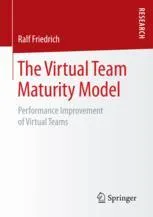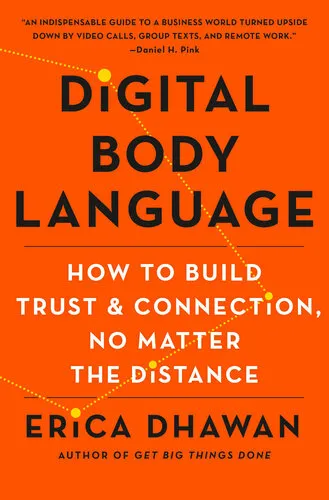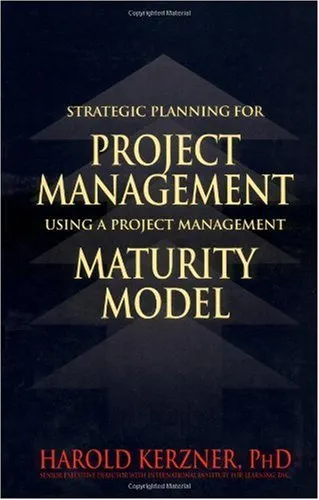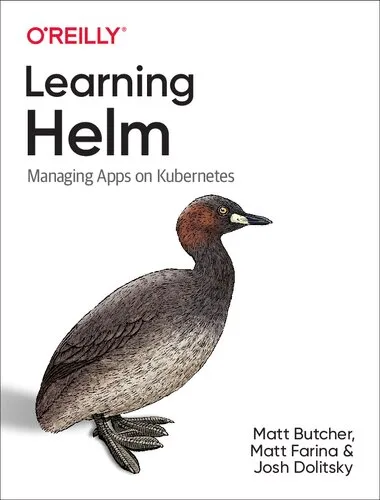The Virtual Team Maturity Model: Performance Improvement of Virtual Teams
4.0
Reviews from our users

You Can Ask your questions from this book's AI after Login
Each download or ask from book AI costs 2 points. To earn more free points, please visit the Points Guide Page and complete some valuable actions.Related Refrences:
Introduction to "The Virtual Team Maturity Model: Performance Improvement of Virtual Teams"
In an era where globalization, digital transformation, and remote work trends have profoundly reshaped how organizations operate, the importance of virtual teams cannot be overstated. "The Virtual Team Maturity Model: Performance Improvement of Virtual Teams" serves as a comprehensive guide designed to empower leaders, managers, and team members to navigate the complexities of virtual collaboration while maximizing productivity and efficiency. Drawing on years of experience, research, and real-world insights, this book introduces the "Virtual Team Maturity Model" (VTMM) as a proven framework for diagnosing, assessing, and improving the performance of virtual teams at every stage of their journey.
This book provides readers with practical insights, actionable strategies, and a structured approach to help virtual teams achieve their full potential. By blending theoretical foundations with implementation-oriented practices, the VTMM fills a crucial gap for organizations looking to stay competitive in a world where remote work is increasingly the norm. Whether you're a team leader, project manager, or member of a global organization, this book promises to deepen your understanding of virtual team dynamics while equipping you with the tools to excel in collaborative settings.
Detailed Summary of the Book
"The Virtual Team Maturity Model" explores the intricate dynamics of virtual teams by breaking down the elements required for their success. The book is structured around a step-by-step maturity model, which categorizes virtual team performance into distinct levels of development. These levels range from foundational stages, where teams struggle with communication and coordination, to advanced stages, where virtual teams achieve seamless collaboration, cultural synergy, and optimal productivity.
Throughout the book, readers are guided through the factors that influence the effectiveness of virtual teams, including communication technologies, cultural diversity, leadership styles, trust-building, and change management. The model emphasizes continuous improvement by assessing current maturity, identifying gaps, and developing tailored strategies to enhance performance. Additionally, the book offers practical examples, case studies, and thought-provoking exercises, enabling readers to directly apply the concepts to their own teams.
The VTMM framework is not only relevant for newly formed virtual teams but also for well-established ones looking to adapt to evolving challenges. By framing team development as an iterative process, the model acknowledges the dynamic nature of virtual collaboration, making it adaptable for various industries and organizational contexts.
Key Takeaways
- Understand the unique challenges and opportunities of working in virtual teams.
- Learn how to assess the current maturity level of your team and identify specific areas for improvement.
- Discover effective communication strategies tailored for remote collaboration.
- Gain insights into fostering trust and cohesion across diverse, dispersed team members.
- Master techniques to overcome cultural barriers and enhance global teamwork.
- Align virtual team goals with organizational objectives to maximize impact.
Famous Quotes from the Book
"Virtual teams are no longer an option but a necessity—how we manage them will determine the future of collaboration."
"The secret to success in a virtual world lies in structure and adaptability, not in the tools alone."
"Trust is the currency of effective virtual teams, and it is earned through consistency, clarity, and commitment."
Why This Book Matters
The relevance of "The Virtual Team Maturity Model" extends beyond the immediate challenges of remote work; it paves the way for sustainable and scalable virtual collaboration. As organizations increasingly embrace hybrid and distributed work models, the need for a systematic approach to developing virtual teams has become indispensable. This book stands out because of its actionable and adaptable framework, tailored to meet the evolving demands of contemporary workplaces.
Unlike other guides that focus solely on technology or soft skills, this book balances technical, interpersonal, and organizational dimensions to present a holistic model. It responds to the pressing needs of today's professionals, empowering them to transform virtual teams into high-performing units capable of thriving in a rapidly changing world. For anyone involved in remote teamwork, "The Virtual Team Maturity Model" is more than a resource; it's an essential roadmap for future-ready collaboration.
Free Direct Download
You Can Download this book after Login
Accessing books through legal platforms and public libraries not only supports the rights of authors and publishers but also contributes to the sustainability of reading culture. Before downloading, please take a moment to consider these options.
Find this book on other platforms:
WorldCat helps you find books in libraries worldwide.
See ratings, reviews, and discussions on Goodreads.
Find and buy rare or used books on AbeBooks.
1404
بازدید4.0
امتیاز0
نظر98%
رضایتReviews:
4.0
Based on 0 users review
Questions & Answers
Ask questions about this book or help others by answering
No questions yet. Be the first to ask!
















